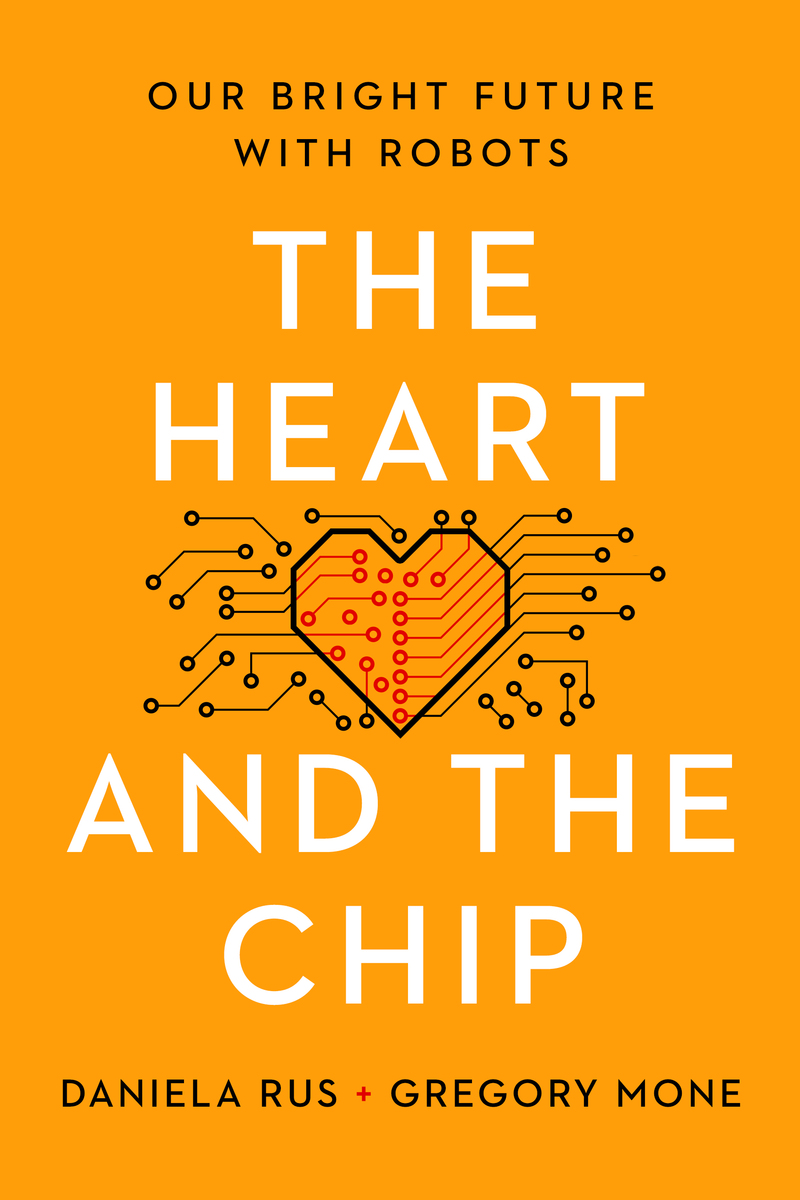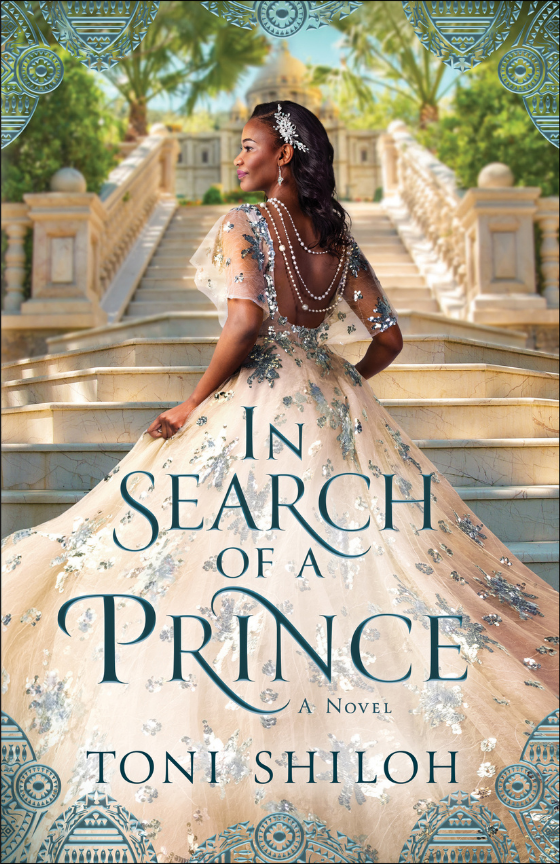Synopsis
Step into a city where monsters feast on human emotions, knights split their souls to make their weapons, and witches always take more than they give.
Pain is Dymitr’s calling. To slay the monsters he’s been raised to kill, he had to split his soul in half to make a sword from his own spine. Every time he draws it, he gets blood on his hands.
Pain is Ala’s inheritance. When her mother died, a family curse to witness horrors committed by the Holy Order was passed onto her. The curse will claim her life, as it did her mother’s, unless she can find a cure.
One fateful night in Chicago, Dymitr comes to Ala with a bargain: her help in finding the legendary witch Baba Jaga in exchange for an enchanted flower that just might cure her. Desperate, and unaware of what Dymitr really is, Ala agrees.
But they only have one day before the flower dies . . . and Ala’s hopes of breaking the curse along with it.
The Good
A. World building, lore, and history – it is set up well (and in a book that is less than 200 pages).
B. There are a lot of supernatural creatures.
C. Simple-ish quest.
D. Leaves unanswered questions and space for this to be the beginning of a series.
E. Good reveals.
The Bad
Does the story feel like a generic fantasy in places- ex: voice of characters, the story beats, romance?
The Meh
A. Story veered more towards urban than fantasy for me?
B. Does there feel like a big info dump at times? It seems like an intro to a larger series?
C. Eh about romance or at least how they are building up the romance
D. Everyone is a regular human with powers…?
Thoughts
A. Short stories vs longer stories- short stories need to trim their messaging or shift it in certain way to be short.
B. Is this story straightforward?
C. Cancelling/Cancelled authors: I just finished Dread Nation so some of the discourse around that book continued.
D. Kept thinking/comparing it to Crescent City or what I envision Crescent City to be.
(image and synopsis from goodreads)
I won this book from Tor Books via twitter









